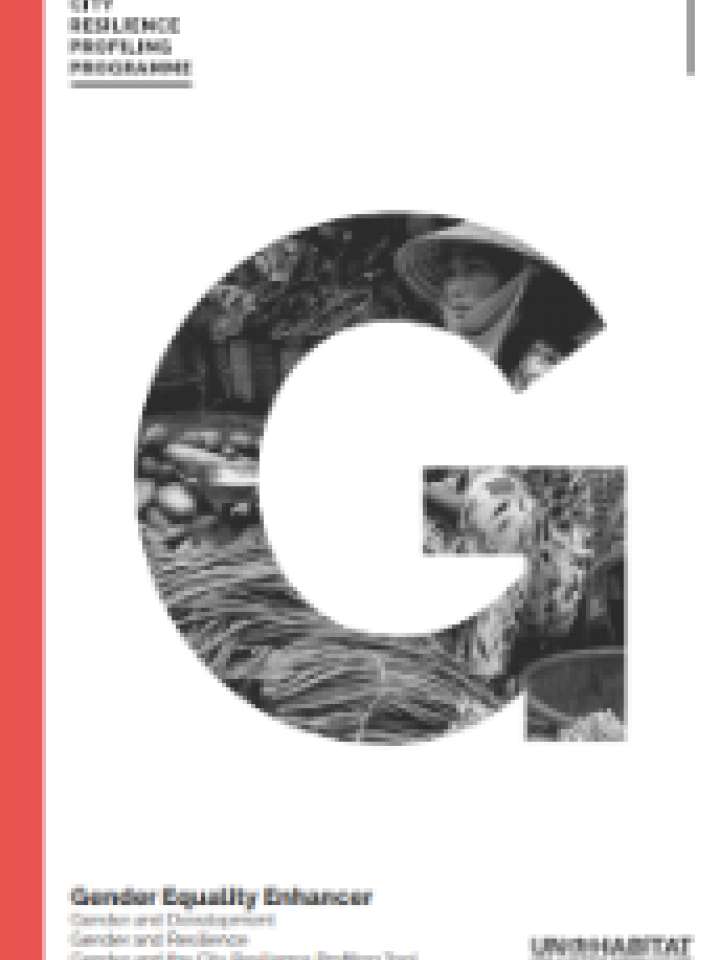Urban resilience enhancer series: Gender equality
The Resilience Enhancers isolate the cross-cutting themes that underpin UN-Habitat's resilience building methodology into an advocacy and training tool. This one provides an understanding of the relationship between gender and resilience, and it can be used to initiate discussion, to get a snapshot of the city focused on gender, and to counter-check existing tools and methodologies to build resilience.
Gender as opposed to sex, is a social identity. The term gender is not interchangeable with the term women. Rather, it is concerned with the relationship between men and women and draws attention to the distribution of power and equality associated with gender identity. To put it simply, how individuals identify on the gender spectrum typically holds consequences for their position and power in society.
UN-Habitat is committed to achieving gender equality in human settlements development. Women and men, girls and boys, experience urbanization and cities differently and benefit differently from the opportunities available therein. At present, rapid urbanization is challenging both national and local governments in their role to develop compact, inclusive, connected and integrated cities. In this process of fast urbanization, the failure to fully mainstream gender equality into urban planning, legislation and economic development is hindering the inclusiveness of cities and preventing the full integration of women and girls in the economic, social, political and cultural life of cities.
Explore further
